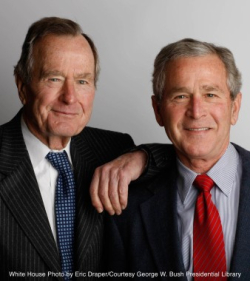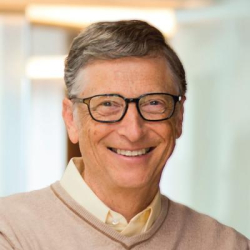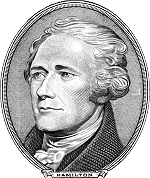 Back when I was at Rice, 40 years ago, oil was a fairly benign political force. Or so it seemed to me, lost in my studies, surrounded by oil money, which was rapidly building the huge Texas Medical Center before my very eyes.
Back when I was at Rice, 40 years ago, oil was a fairly benign political force. Or so it seemed to me, lost in my studies, surrounded by oil money, which was rapidly building the huge Texas Medical Center before my very eyes.
We know different now. We know how power corrupts every industry, and how absolute power corrupts absolutely. We saw that with George W. Bush, the spoiled son of an oilman, installed in power by a Supreme Court created through political action, unelected by the people. Since then we’ve seen Iraq, we’ve seen Katrina, we’ve seen the Great Recession. We’re seeing climate change, threatening the whole human race.
Worse, we’ve seen D.C. vs. Heller, idiots thinking Thomas Jefferson wants them to own AR-15s as some natural right. We’ve seen Citizens United, billionaires who think they have an absolute right to control us with their dollars, simply because they have them. These last injuries will abide. They are examples of how the oil industry, which took political power only to be left alone in the 1960s, eventually abused it to the detriment of the whole world.
Just as railroads pushed farmers and working people too far in the 19th century, and utilities collapsed the economy in the 1920s, just as manufacturers used political power to go to Vietnam in the 1960s, so oil eventually became a noisome element in the national political equation, and was overthrown by technology in 2008.

It is the job of the people, in a democracy, to fight the back end of this natural process, and not to be paranoid about it. There are honest technology executives, there are technology billionaires who have the public welfare uppermost in their thoughts. This has always been the case. Andrew Carnegie springs to mind, but I have long felt that J.P. Morgan wasn’t nearly the villain he is portrayed as, and that the Rockefeller family has done a lot of good for this country.
So it will be in this case.
In general, the political impact of technology has been positive so far, but there are already signs of abuse. Not just from Peter Thiel, whose own politics are self-contradictory, but from “good guys” like Mark Zuckerberg and Larry Page, who have systematically destroyed “corporate democracy” in this decade.
The deal in corporate democracy is simple. Shareholders are the owners of the company. Management are our employees. But when there are multiple “classes” of stock, and when existing shareholder power is watered down, or seized as in these cases, it’s dangerous.
What happens if Larry Page has a heart attack? What if Sergey Brin decides he’d rather be a Russian? What if Mark Zuckerberg gets hit by a bus?

He might be the journalism equivalent of George W. Bush, and no one will be able to do a damned thing about it. Certainly his shareholders won't.
The people who claim to oppose technology are focused on the wrong things. They’re looking at the anonymous collection of data used to inform ad buys as an attempt to know, and control, the people. That may be the way the National Security Agency wishes to roll, but that’s not in Google’s self-interest, and those who conflate the two are stupid. Larry Page doesn’t care about that lubricant you bought.

What Zuckerberg is now doing, what Page and others have done, that’s different. It’s one thing for some owners to have more power than others, due to their ownership stake. It’s quite another to overthrow the whole concept of corporate democracy, installing they and their heirs as Kings and Queens among us. This is more pernicious, by the way, than people like Elon Musk installing relatives and cronies on his boards, in order to combine them to best financial advantage. Musk can be overthrown. Zuckerberg, now, cannot.
That’s the fight we should be having. Technology will take power. History says this is inevitable. But technology will also seek to abuse power, and that’s something we must always be on guard against, and be prepared to overturn, using all the democratic tools at hand. In the name of the system that made men like Mark Zuckerberg possible.









